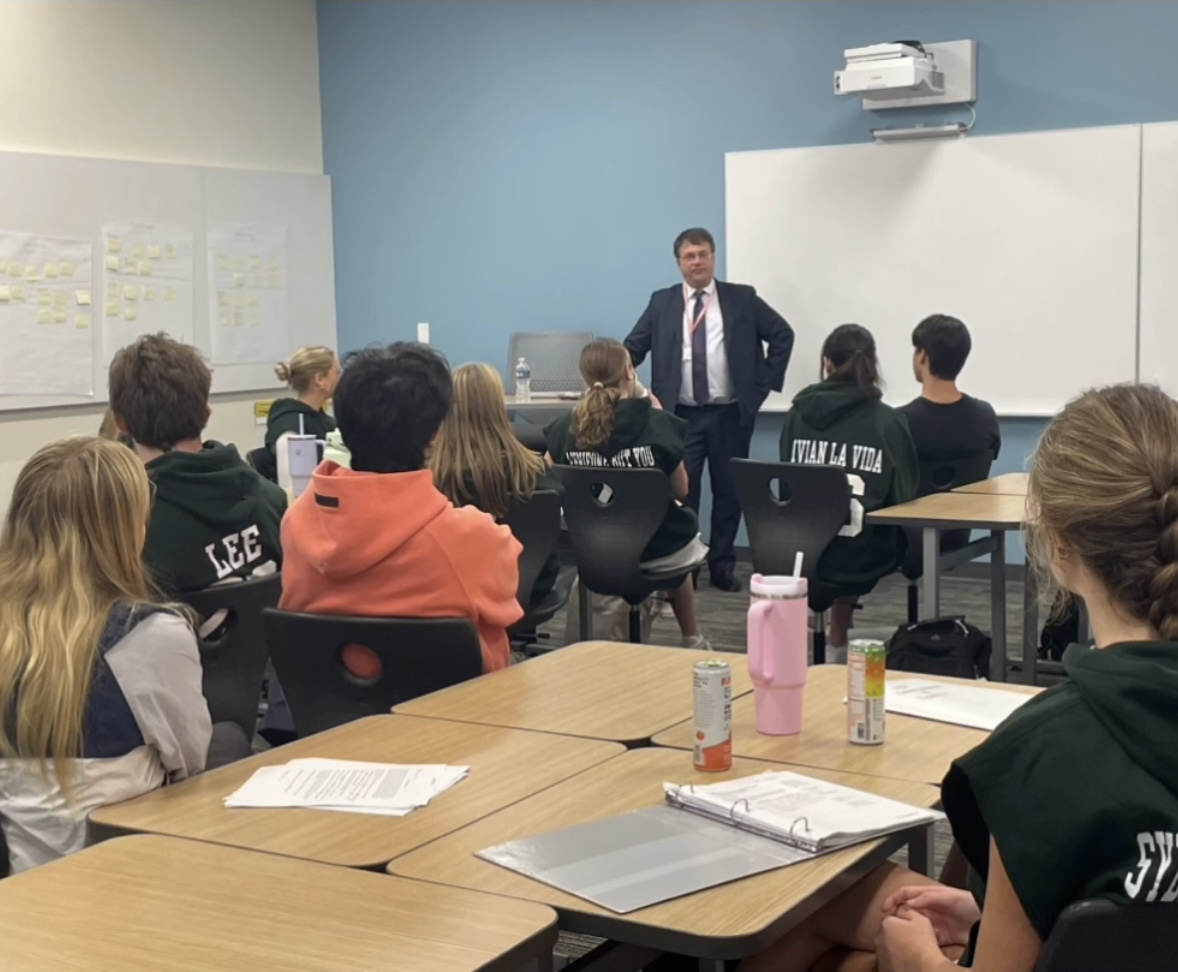Letter to the Editor
On March 4 the New Trier News published an Op-Ed by Said Aydin taking issue with our English curriculum saying it omitted “classes dedicated to providing a global perspective in an otherwise Western-oriented curriculum.” While I do not know the course path the author has taken personally, our World Studies program provides exactly that to students in freshman year, and our sophomore classes have a range of texts that offer different perspectives from a variety of groups. In addition, the course offerings senior year offer several courses that explore a global perspective (Myth and Mind, Humanities, Great Books) beyond our Global Voices course.
While it is true that there are remnants of what the author calls “the canon”, his stance that we as a department are driven by it, and unreflective of it, is simply not the case, and our mission has been to infuse more world and representative literature into all of our courses. In fact, a project underway this year will change our senior electives program into a world literature program so all students will have that option. One need look no further than the June Board meeting of 2021 to see our commitment to a broader perspective as we defended the inclusion of “Two Boys Kissing” in our English 2, level 3 curriculum.
Finally, while it is an easy political stance to take, to bash the canon as a relic of a bygone era, the Western Literary tradition should not be lumped in so quickly, nor disparaged, nor overgeneralized as somehow the literature of an oppressor class. The Western tradition, like the African literary tradition, grew from a series of cultural diffusions into a remarkable product of insight and beauty. Because European and American culture colonized, raided, and enculturated other parts of the world, does not necessarily denigrate the Western tradition. To dismiss it, is to dismiss the elements of romance, the development of the novel, and the subtle variations of poetry; to dismiss it is to dismiss elements which writers of all traditions embrace in the creation of new art today. “The God of Small Things” and “Things Fall Apart” are fusions of different traditions – to miss that is to miss the beauty that artists create, regardless of the tradition from which they sprang, to score a political point.
While I appreciate and share the desire to see a broader and more representative curriculum, I would hope the writers on the News would take more time to delve into the intricacies of problems they might perceive, before publishing judgments.
Ed Zwirner
English Department Chair






































